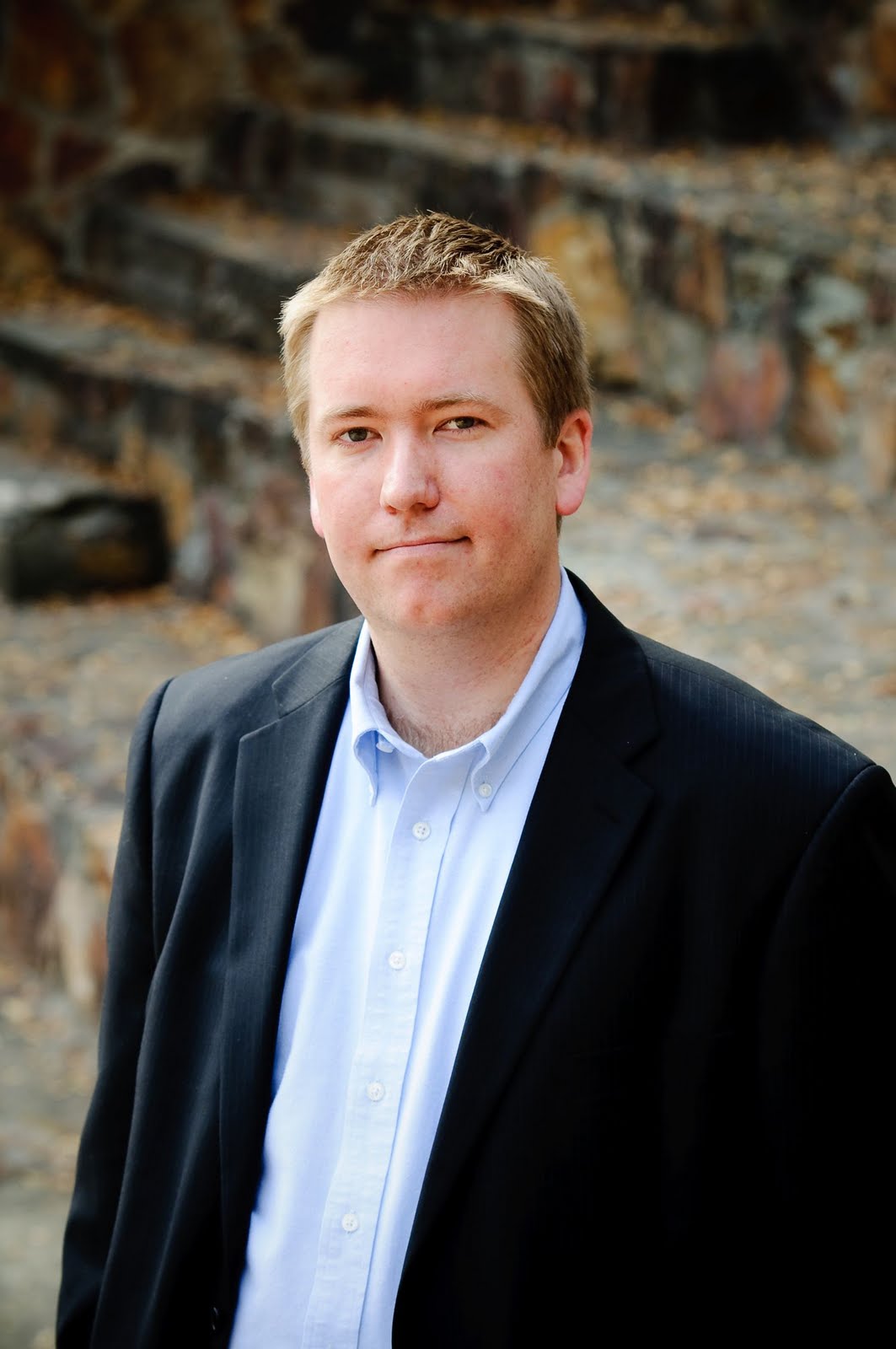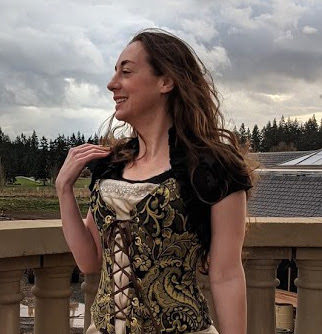Deirdra: What made you decide to become an author? Amanda: I never really decided to become an author. I’m an avid reader. No, that’s an understatement. I’m a devourer of books. But in January of 2009 I started having these really insane apocalyptic dreams. I told my sister-in-law about them and sh…
Sunday, February 27, 2011
Saturday, February 26, 2011
V - Interview with Author G.G. Vandagriff
I realize that I am one of those rare people in the world who gets to live a life full of passion, suspense, angst, fulfillment, humor, and mystery. I am a writer. Everyday when I sit down to my computer, I enter into world of my own making. I am in the head of a panoply of characters ranging from …
V - Interview with Author G.G. Vandagriff
I realize that I am one of those rare people in the world who gets to live a life full of passion, suspense, angst, fulfillment, humor, and mystery. I am a writer. Everyday when I sit down to my computer, I enter into world of my own making. I am in the head of a panoply of characters ranging fr…
Wednesday, February 23, 2011
T- Interview with Author Rebecca Talley
Deirdra: When did you first know you wanted to be an author? Rebecca: When I was a kid I made a “Velt Book” out of felt. In sixth grade, I started a novel similar to the Encyclopedia Brown series, I even illustrated it. Deirdra: What is your writing and educational background? Rebecca: I graduated f…
Tuesday, February 22, 2011
S - Interview with Literary Agent Deborah Schneider
Deirdra: What made you decide a career as a literary agent? Deborah: I think most agents would tell you that they found their way to the agency business indirectly or in a roundabout fashion. Unlike the people entering the publishing workplace today who are familiar with how we do business, when I …
S - Interview with Covenant Communications Senior Editor, Kirk L. Shaw
Kirk L. Shaw is senior editor for Covenant Communications. He has also done work for Boston publisher David R. Godine, Northwestern University Press, and the scientific journal Western North American Naturalist . During his career, he has produced and edited fiction (in most genres), memoirs, histor…
Subscribe to:
Posts (Atom)
Total Pageviews
Pages
- Home
- Art
- The Watchers Books
- Time Management For Creative People Workbook
- Book Trailers
- About Deirdra
- Clothing Designs and Paper Dolls
- Photography
- The Watchers Screenplay
- Crafts and Remodeling
- Book Covers
- Animal Family
- Free Stuff
- Watchers Worldwide
- Q & A
- Contact
- Recipes & Food Art
- Family Safety Advocacy
- My Garden
- Endorsements
- The Sanctuary
- News & Events
- Little Church on the Prairie
- Religious Women's Studies
- A Storybook World Podcast
|
Add this to your site |
Highlight the code below to get A Storybook World button











